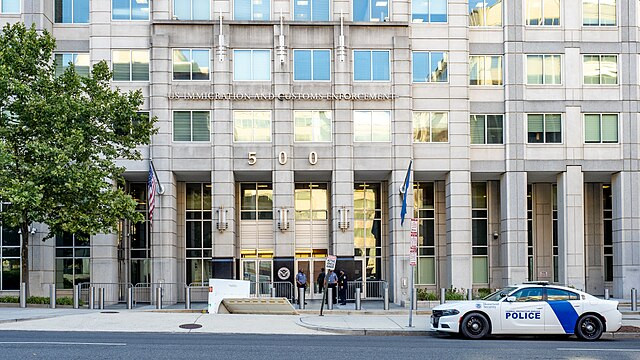Three American-born children, including a four-year-old battling Stage 4 cancer, were deported to Honduras last week alongside their undocumented mothers, drawing fierce criticism from civil rights attorneys and immigration advocates. The deportations occurred despite ongoing court proceedings questioning the legality of removing U.S. citizens without due process.
According to the American Civil Liberties Union and the National Immigration Project, the families were apprehended during routine check-ins under the Intensive Supervision Appearance Program (ISAP) in Louisiana. Gracie Willis, a lawyer with the National Immigration Project, said, "We are seeing in real time due process eroded."
One case involved a two-year-old identified as V.M.L., who was detained along with her mother and 11-year-old sister. Court records indicate that a federal judge had set a hearing for May 16 regarding the child's deportation, emphasizing that "it is illegal and unconstitutional to deport, detain for deportation, or recommend deportation of a U.S. citizen."
A second case involved a mother detained with her four- and seven-year-old children during an ISAP check-in in Saint Rose, Louisiana. Erin Hebert, the attorney representing the family, said she was barred from accompanying them to their meeting and was later informed the family had been deported without being given access to legal counsel. "My clients were deported within 24 hours of being detained with no access to me," Hebert said.
The Biden administration's Secretary of State Marco Rubio defended the removals during an appearance on NBC's "Meet the Press." Rubio stated, "Three U.S. citizens ages four, seven and two were not deported. Their mothers, who were illegally in this country, were deported. The children went with their mothers."
Rubio added that U.S. citizen children could return if a legal guardian in the United States sought custody. However, attorneys representing the families disputed the government's narrative, asserting that the mothers did not voluntarily choose to take their children with them and that a handwritten note cited by officials was not a voluntary statement of intent.
Willis insisted that the children's mothers, both of whom are pregnant, wanted their children to remain in the United States, where they had family support and medical care. "These are mothers, these are pregnant women. These are children," said Alanah Odoms, executive director of the ACLU of Louisiana. "If ICE can do this to these mothers and these children...none of us are safe from this kind of lawlessness."
Court documents reveal that the father of V.M.L. requested her release into his custody before the deportation but was warned he would also be detained if he appeared to collect her. U.S. District Judge Terry A. Doughty scheduled a hearing for May 19 to review the government's actions, citing "strong suspicion that the Government just deported a U.S. citizen with no meaningful process."
Meanwhile, immigration advocates warn that the incident could set a dangerous precedent amid broader immigration enforcement efforts. "Somehow over the last 20 years we've completely lost this notion" of enforcing immigration laws, Rubio said, emphasizing the administration's position.




